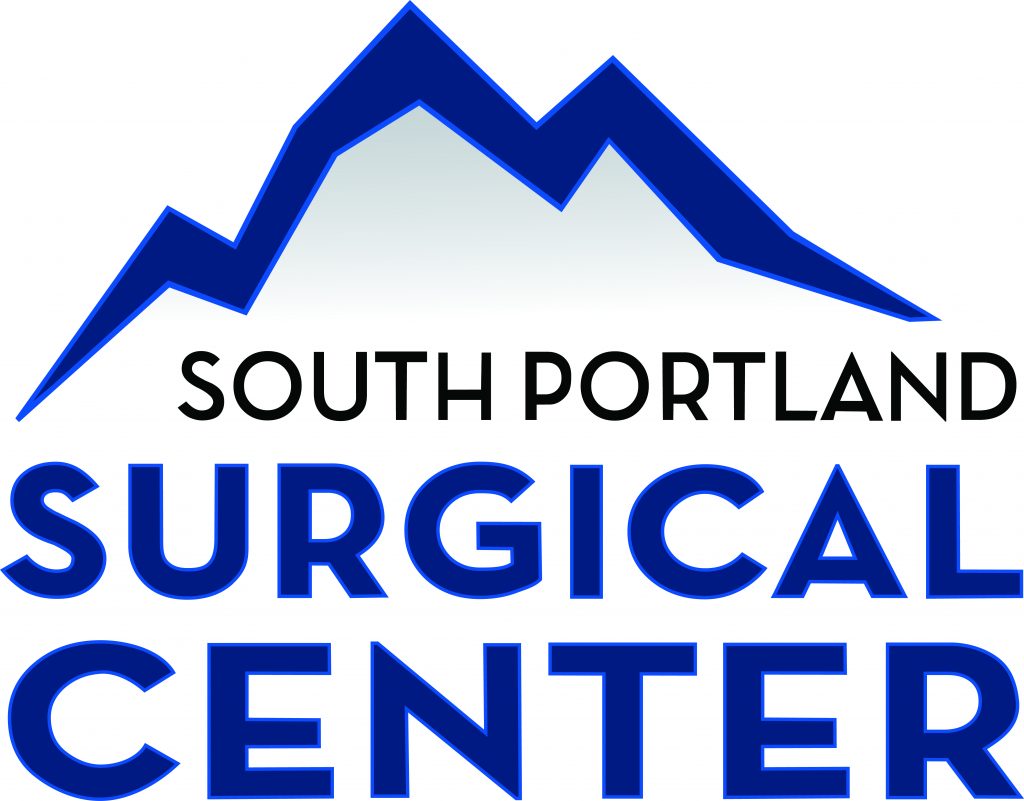Rotator Cuff Repair
Overview
The rotator cuff is a group of muscles and tendons that form a cuff over the shoulder. They hold the arm in the ball-and-socket joint and help the shoulder rotate. Rotator cuff repair is performed to fix a torn shoulder tendon or remove a bone spur. It can be performed with a large incision or with shoulder arthroscopy using many small incisions.
What to expect
Surgery takes 1 to 2 hours, mostly under general anesthesia, although occasionally a local anesthetic is used to block the nerves leading to the arm. In that case, the patient is awake, but under a mild sedative.
First, the doctor will first check the patient’s shoulder with an arthroscope to look at the tear and determine if it can be fixed. The surgeon looks around the entire shoulder to check the tendons, cartilage and ligaments. After evaluating the shoulder joint, the surgeon will clean out inflamed or damaged tissue, and remove a bone spur if necessary. If there is a tear, the goal is to attach the tendon back to the bone where it tore off. The tendon is attached with sutures made of metal or plastic that do not need to be removed. At the end of the surgery, the incisions are closed, and a dressing is applied. The patient will recover on site for a few hours with the arm in a sling and ice applied to the shoulder.
How to prepare
Patients should alert the surgeon to any health problems prior to surgery. Patients will be expected to not eat and limit drink to clear liquids for at least six hours before the procedure. Loose clothing is recommended for ease of dressing after the procedure, and arrangements should be made for a ride home. Pre procedure use of medication should be discussed with your primary care physician prior to your scheduled procedure date.
